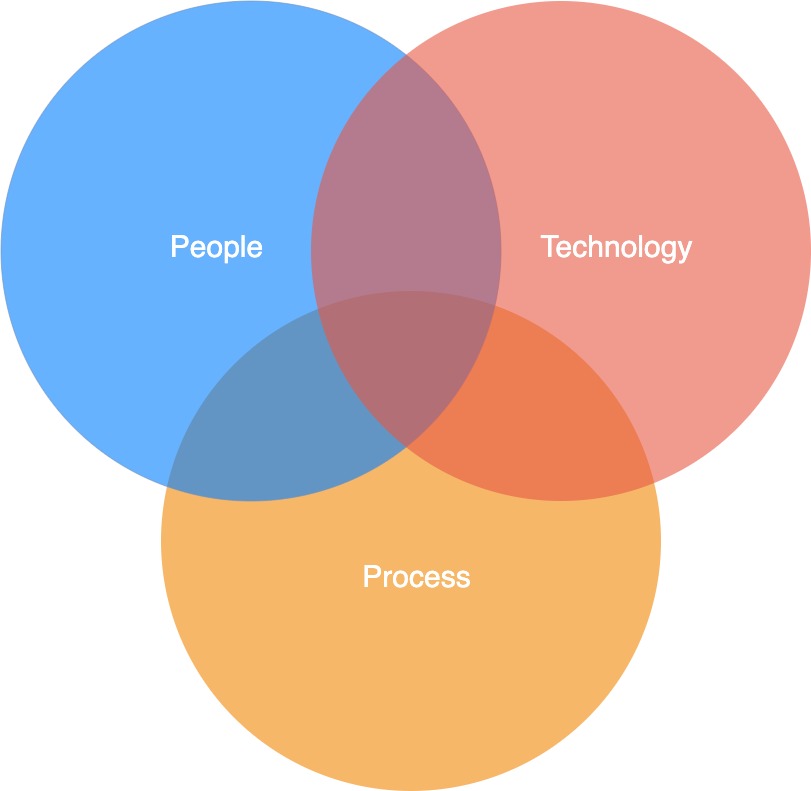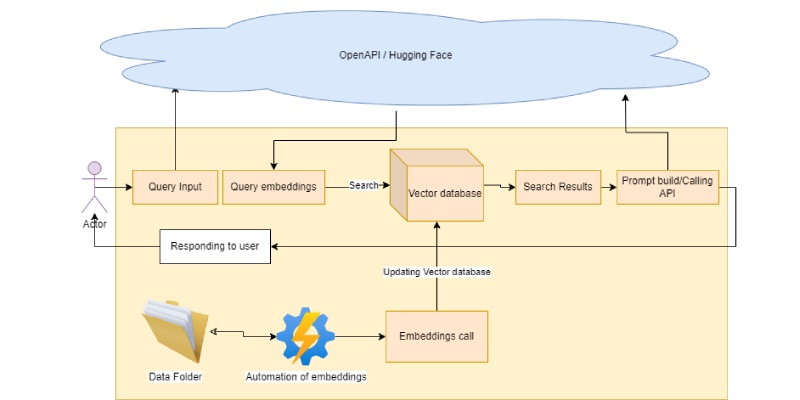
In the last 20 years, we have seen tremendous growth in technology and created its own space in the market. Other sectors like engineering, manufacturing, oil & gas, etc. also started taking advantage of technology to improve their current processes and the term emerged as ‘Digital Transformation’.

Enterprise digital transformation is nothing but the adoption of digital technology in the business processes which results in a major shift in how the business operates and gives a better experience to their customers. These digital technologies change the way companies manage their day-to-day operations, irrespective of the size of the enterprise.
Digital transformation adoption is the need for all enterprises to stay in the competition.
Challenges in digital transformation implementation
Change is the only constant but change in any process is hard to implement because of multiple factors.
- Cultural change – for some organizations it might be a fundamental change in the process which they are following for years. It’s important to let the mindset change happen for management and employees in order to make the digital transformation successful.
- Rigidly developed legacy systems in use which do not support the latest technologies and the cost of transformation is high while moving to new digital solutions.
- Resistance to change – Digital transformation requires the right technology, resources, infrastructure, and budget to drive. In case of limitation in any of those may lead to failure hence many organizations hesitate to change.
- Losing a job if processes are automated – this is a very common fear and can be handled as part of change management with the active participation of those resources in the process.
- Large enterprises having thousands of employees might face challenges in implementation, a proper road map of development, deployment, and demonstration will help in a smooth transition.
Organizations have to bring this change as the advantages are worth more than the pain of implementing it.
Advantages of digital transformation
The advantages of digital transformation for enterprises are multifold, such as:
- improved production and delivery
- Faster turnaround time of processes
- improved communication
- less or zero manual errors
- more visibility of what’s going on in each business function and triggers to take actions
- automation of critical processes
- getting rid of paper works with more secured digital communication
- Senior management gets the 360-degree view of the business by getting reports on finance, inventory, revenue, forecasting, and manpower in one click.
COVID-19 pandemic affected most of industries but at the same time also forced them to think of how they can keep the business continuity of some critical functions even if the resources are working remotely. The solution was to automate some processes using the latest technologies like AI (Artificial Intelligence) and RPA (Robotic process automation).
A classic example is when Inceptive developed a web-based invoicing application providing external access when there was a lockdown and allowing a big manufacturing company to run their business smoothly without the physical presence of finance staff in the office.
Inceptive has years of experience in working with engineering Fortune 100 companies in planning a digital transformation roadmap. We provide a consultative approach to your enterprise’s digital transformation goals and help in defining a roadmap to a successful digital transformation.


